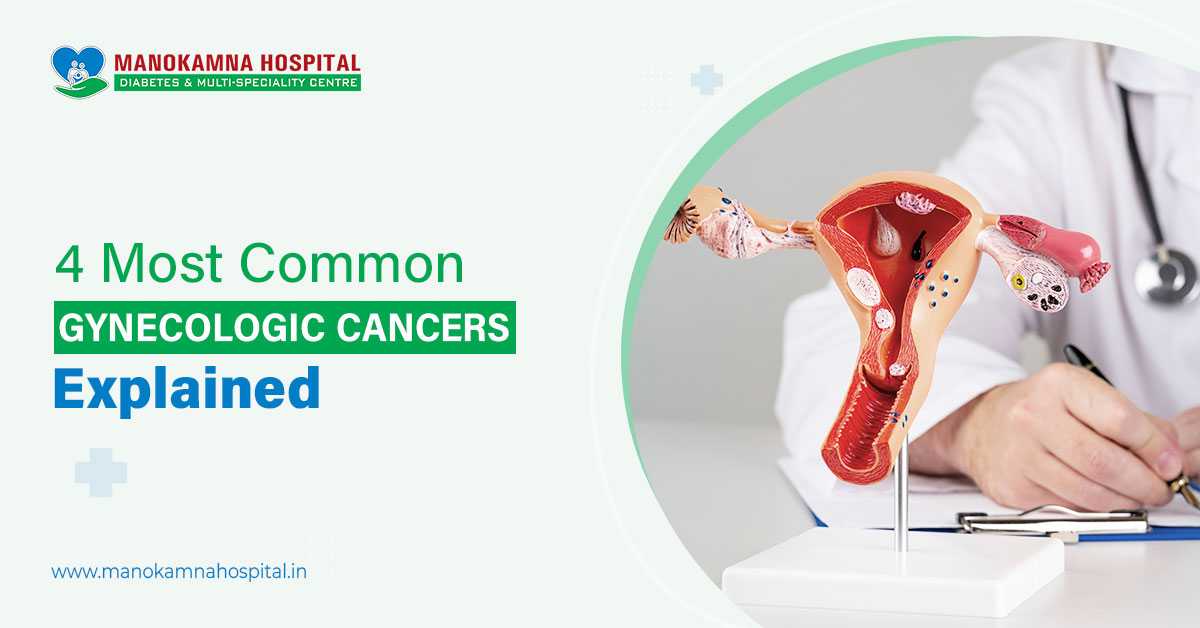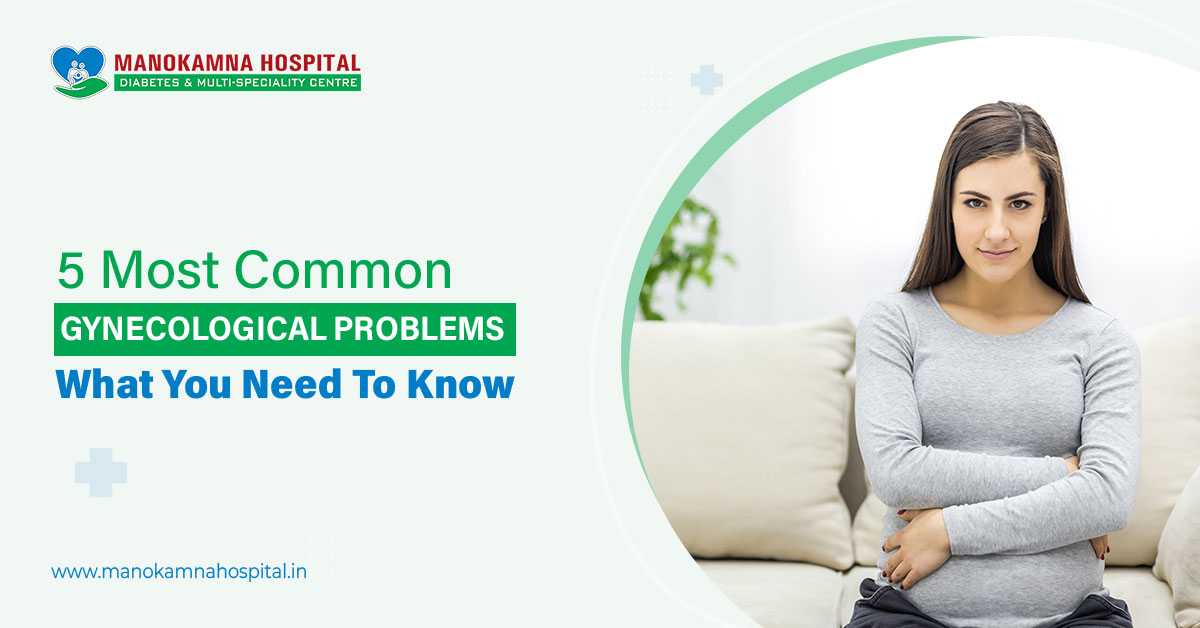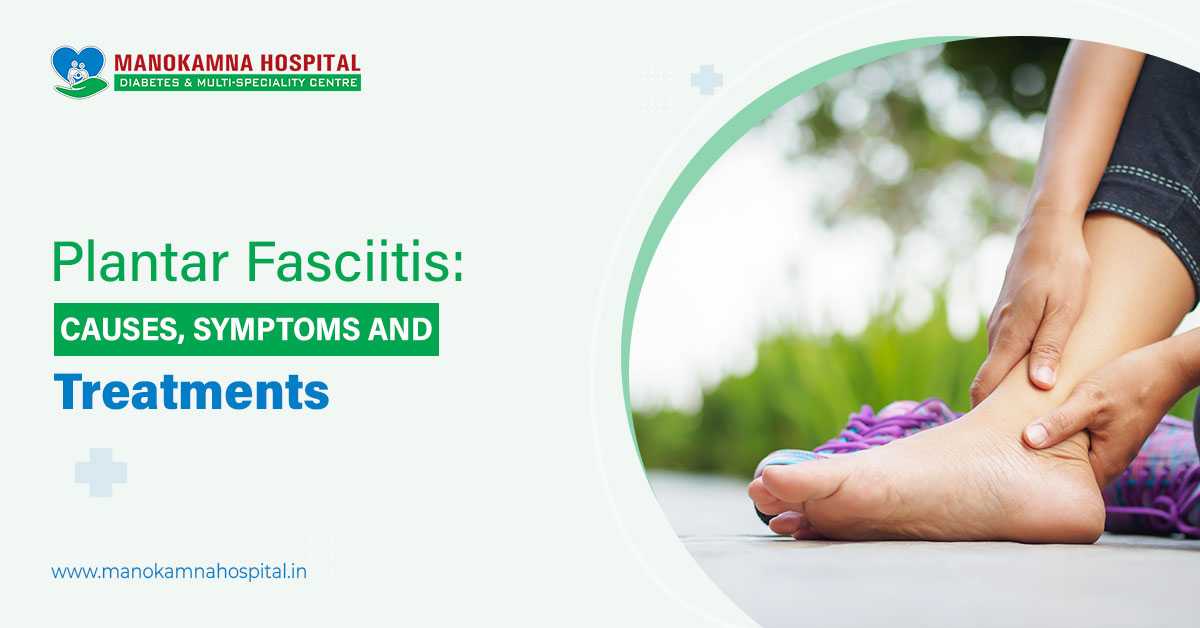It’s common to have uterine fibroids in females during their childbearing age. Uterine fibroids are widely frequent but concerning. These are solid, non-cancerous tumors that grow in your uterus, which vary in number and size. When tiny fibroids or tumors often don’t require treatment, large fibroids need medical care, especially, surgery.
Also termed leiomyomas, uterine fibroids usually don’t increase the likelihood of cancer. This tumor is a muscular tumor that develops in the wall of your uterus. You might visit the best gynecologist hospital in Siliguri city for uterine fibroids diagnosis and treatment. Signs like abdominal pain, heavy periods, vaginal bleeding between periods, painful sexual intercourse are never to overlook.
Uterine fibroids - Knowing the signs and symptoms
With small fibroids, you may not experience symptoms. But large fibroids generally result in:
- Passing menstrual clots
- Heavy menstrual bleeding
- Painful menstrual cycles
- Bleeding between periods
- Low back pain
- Painful sexual intercourse
- Frequent urination
- A feeling of abdominal fulness in the lower abdomen
- Constipation
- Abdominal enlargement
- Chronic vaginal discharge
- Abdominal bloating
- A pressure felt in the rectum
- Inability to empty the bladder while urinating/peeing
- Tiredness, weakness
- Pelvic pain that persists
If you notice such symptoms, make sure to seek medical attention because in-depth health analysis under medical supervision helps diagnose the underlying reason.
Knowing the causes and contributing factors for uterine fibroids
Doctors and researchers don’t know the definitive cause of uterine fibroids but a number of risk factors involved are:
- Changes in genes
- Excessive levels of hormones produced by the ovaries (estrogen and progesterone)
- Family history of uterine fibroids in mother, sister, grandmother
- Obesity or excessive body weight/high body mass index(BMI)
- Early onset of menstrual period
- Having no children
- Menopause at a late age
- Low levels of vitamin D
- Alcohol consumption
- A diet rich in red meat but low in vegetables and fruits
- Excessive amounts of caffeinated drinks
Certain factors can be looked after such as lifestyle, body weight. Talk to a dietitian or gynaecologist to learn about how you can lose weight optimally and add things to your lifestyle to benefit your reproductive well-being.
Physical activity, quitting tobacco smoking, and alcohol, adding fresh fruits and veggies to your diet, stress management, etc. are essential for your reproductive health. Reach out to the best gynceolgoist hospital in Siliguri for high-end women's health assistance.
Uterine fibroids and pregnancy complications
While uterine fibroids are less likely to interfere with gestation, they, in some cases, can lead to pregnancy loss/miscarriage, infertility/trouble getting pregnant, etc. See the best gynaecologist in Siliguri for pregnancy complications, infertility, and any reproductive health concerns.
Sometimes, uterine fibroids can result in fetal growth restrictions, premature birth/delivery, placental abruption, fetal malpresentation, early pregnancy loss, etc. Ensure routine prenatal care in order to avoid pregnancy risks.
If watchful waiting and lifestyle changes don’t work, your gyne doctor will prescribe medications. There are non-invasive, minimally invasive, and traditional surgery options available, and depending upon the size, location, and type of the fibroids, your medical expert decides on your treatment.




